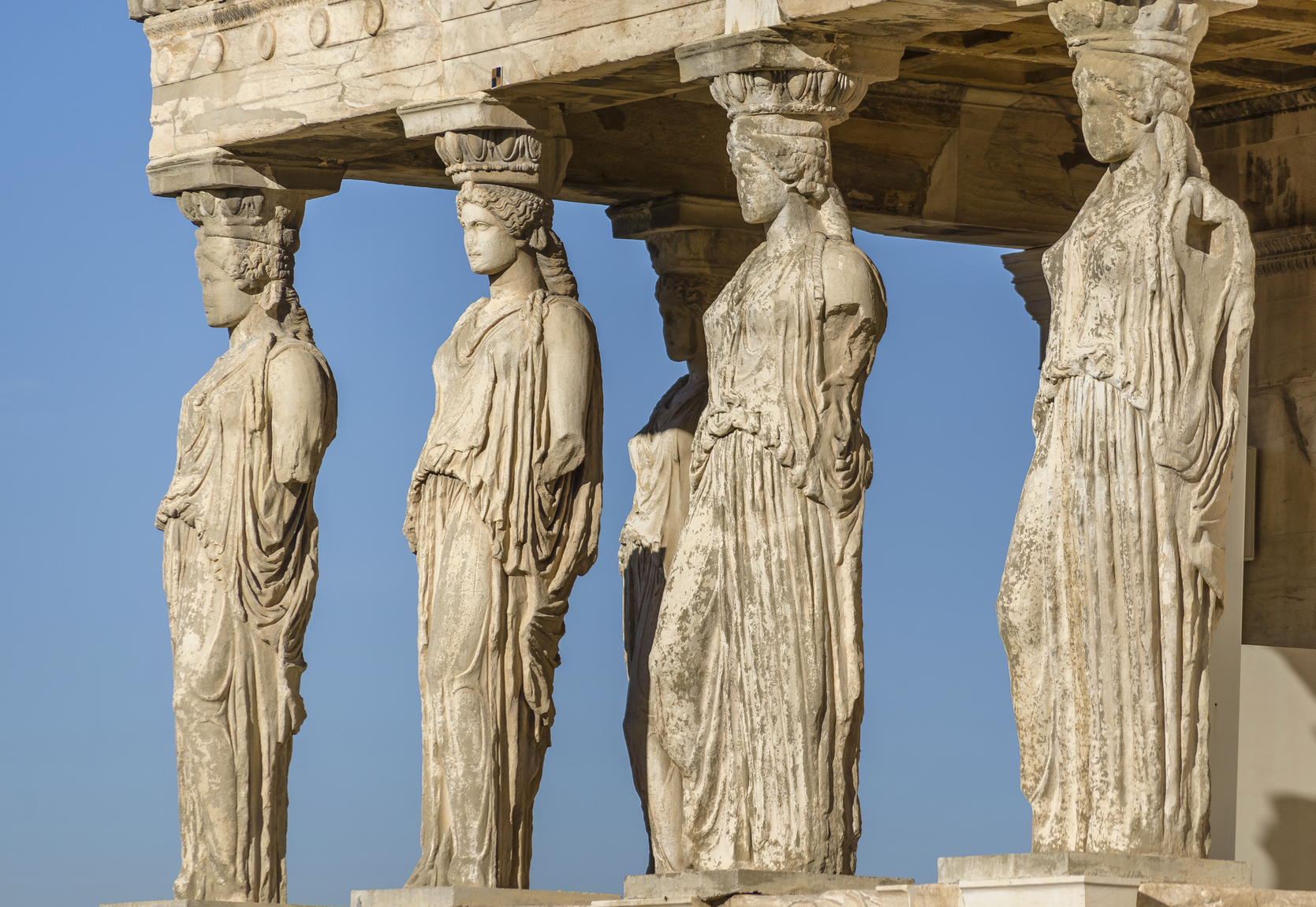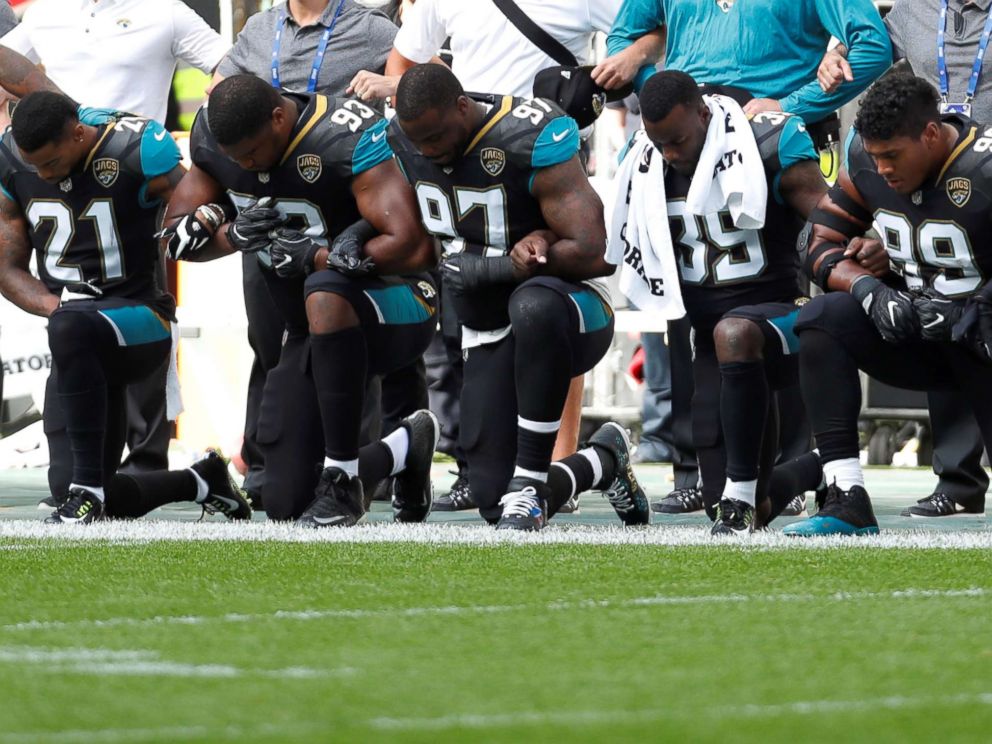
Football and theater are generally thought of as mutually exclusive. But when it comes to one of the most famous types of theater, the Greek tragedy, the two have more in common than you may think.
The first convention of a Greek tragedy performance is the prologue. Imagine an actor or two on the stage explaining the backstory of the characters and the plot to the audience. In football, especially in today’s world, this takes the form of the commentators in front of the camera while the teams are still in the locker room getting ready—and this is to say nothing of the 24/7 sports news cycle that takes place on television, social media, radio, podcasts, and seemingly a million other forms before, during and after the games themselves.
Then as now, it deepens our appreciation and understanding of what we are seeing during the games themselves.
The Greek performance was then broken up into different episodes, which are analogous to the different time periods in a football game. It’s also possible to take a larger view of this, considering that some teams will play each other multiple times per season, as with, say, the Seattle Seahawks and the San Francisco 49ers.
Unlike with plays, however, the outcome of a football game is not preordained. Teams “rehearse” but not in conjunction with their opponents.
This year’s episode of Oregon versus Washington, to be played in Seattle on October 19th, will be entirely unique from previous matchups. There will also be weather that is unlike previous matchups, game plans and plays called, strategies, etc.
An integral part of a Greek tragedy is the role of the chorus, or choruses, which were like actors who sang songs, performed dances, asked questions, and generally increased the understanding of the plot and the entertainment value for the audience. Go to a live football game, especially a college one, and it’s easy to see how the marching bands, fans, cheerleaders and announcers fit together to form types of choruses, enhancing the overall experience for the rest of us.
A Greek tragedy ends when the chorus makes its final exodus from the audience. The plot is resolved and the audience is supposed to experience catharsis, or emotional release. For better or worse, football fans know this feeling well, when their teams have won or lost, and there is nothing more than can be done to resolve the situation.
It doesn’t mean you always feel good, obviously—just that your emotions are no longer wrapped up in anticipation of knowing how things will turn out.
Mimesis is the Greek concept of art being imitative of real life. It deepens our understanding and appreciation for it. One nice thing about football is that in one afternoon we can see a tidy, discrete metaphor for life, with its successes and failures, triumphs and ugliness. Football may not incite the full range of emotions in its audience that art can, but it sure comes close.
The list of comparisons can go on and on, from hubris to the hero’s journey, which is a topic for another day. But as you go forth into this football season, be aware that there is a lot more going on than just tackles, first downs and commercial breaks.
There’s something ancient and timeless happening before us, and no amount of technology or modernity will change that.




